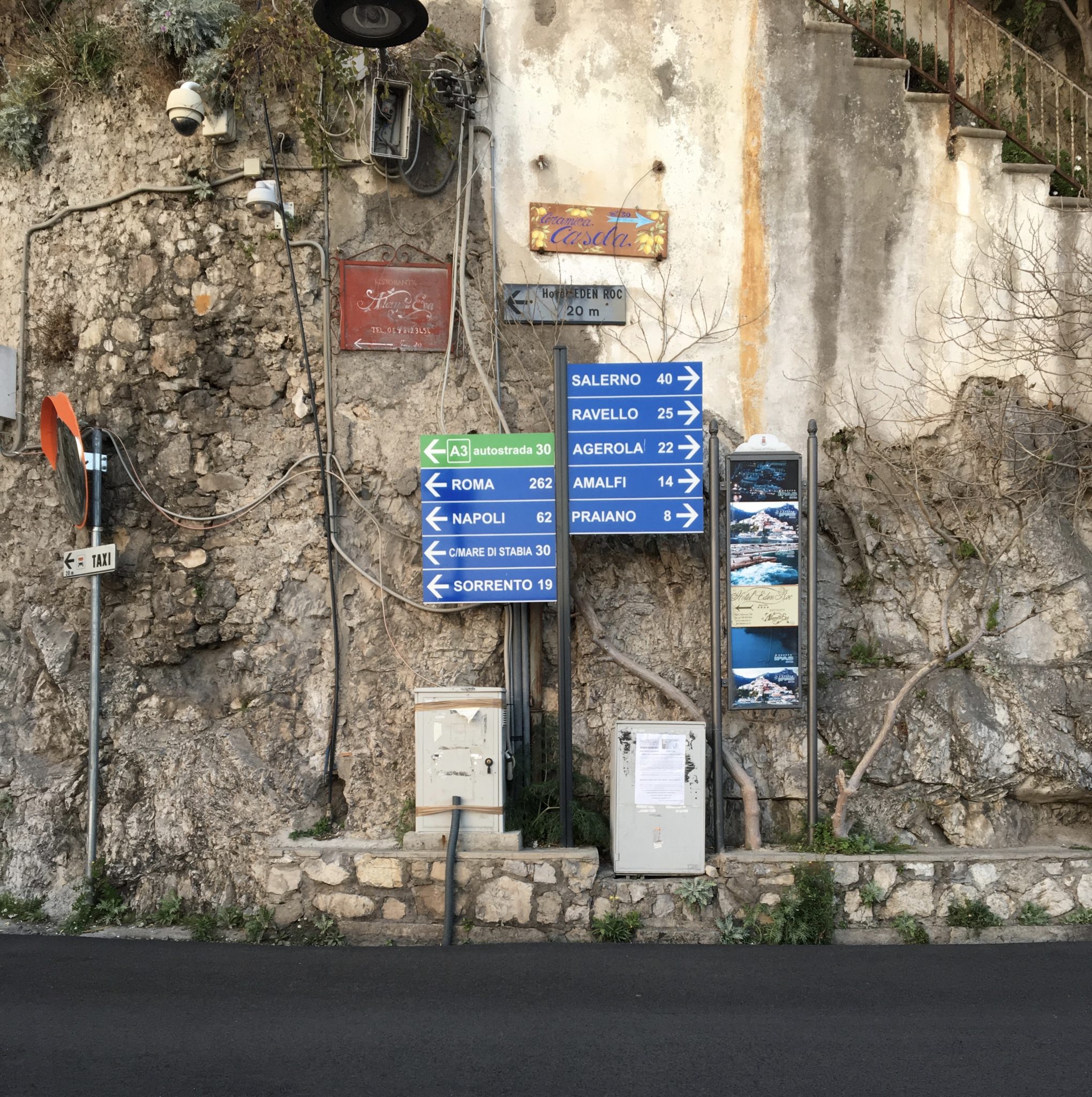Safety is a huge concern travelers—and their mothers—have when exploring new places. Here are 11 tips from experienced travelers to help you feel more secure.
1. Sign up for STEP
STEP (Smart Traveler Enrollment Program) sends you important information from the United States government about safety conditions in your destination country. It also helps the government and your family get in touch with you during an emergency.
2. Always tell someone about your travel plans
Whether it’s your parents at home, your roommates or your travel buddies, always inform them of your travel plans so they know where you are going. Keep your friends and family updated so they know you are ok while you are traveling. You can also update your intended travel plans using the STEP program so the government knows where you are in case of an emergency.
3. Know the emergency number of the country you are in
911 is not a universal emergency number, so make sure you know the emergency number wherever you are. It’s a good idea to know the basics of the language of where you are too, especially if you need to speak on the phone during an emergency.
4. Wear clothes that allow you to fit in with the locals
Dressing like a tourist is not only a fashion crime, but it is also a threat to your safety. The more you look like a tourist, the more likely you will be targeted for scams or attacks. Black is a popular color in most countries that helps you blend in (and avoid embarrassment).
5. Keep money in more than one location
Store money in your wallet, in a money belt, in your backpack and in your suitcase. That way if something gets stolen, you have backup stashes. This is highly important if your credit card gets stolen too.
6. Make copies of important documents
Copy your passport, ID, study abroad letter and other important documents. Carry those around with you while exploring and keep the real thing locked up well. Losing your passport is one of the worst things to happen when traveling. Make multiple copies of the documents and keep them in several locations too, just like your money.
7. Use your keys for self-defense
Pepper spray is a common weapon for self-defense, but countries have varying laws concerning pepper spray and you cannot bring it on planes. Using the pointy ends of keys work for self-defense if you have no other weapons.
8. Get an international SIM card
Paying for a SIM card while traveling is a smart investment. It is much cheaper than paying for your phone company’s international plan. Get a plan with a lot of data—this is important since you can’t call or text with certain numbers, plus not all countries have abundant free wifi.
Bonus: Avoid using Wifi when possible
Like your money and documents, you don’t want personal information stolen through sketchy networks. This is where it’s good to get a SIM card with a lot of data so you can use that instead.
9. Turn on the location services on your phone
Turning on the location services on your phone allows your travel buddies to find you if you get separated by crowds of tourists. The location tracking services on your phone are also helpful for your parents well-being so that they can make sure you are safe (they also love “seeing” you travel!).
10. Opt to use cash
Try to avoid using your credit card, especially at small businesses. When you get cash, only withdraw it from ATMs that are associated with banks and physically connected to their buildings. If your credit card gets information gets stolen, you’re screwed. (This is when having a stash of cash is helpful).
11. Don’t put up a fight
If you get mugged, just give up what they want. You life is more valuable than money, jewelry or electronics.

